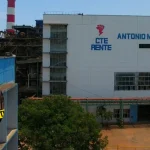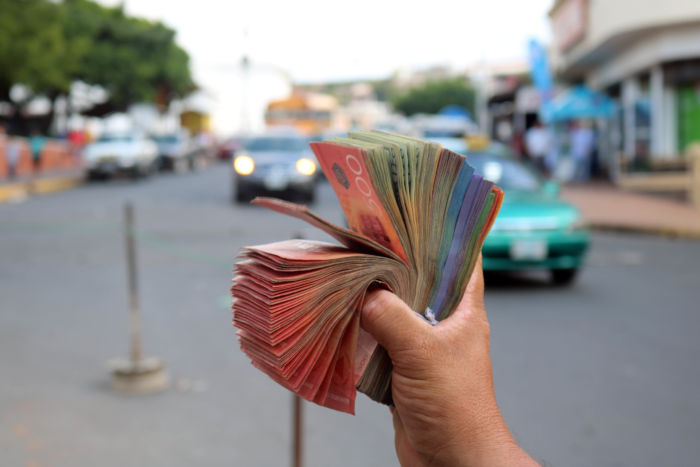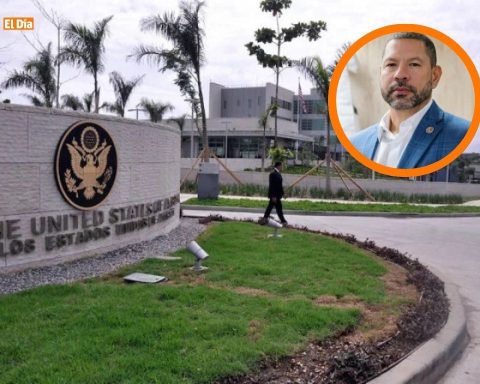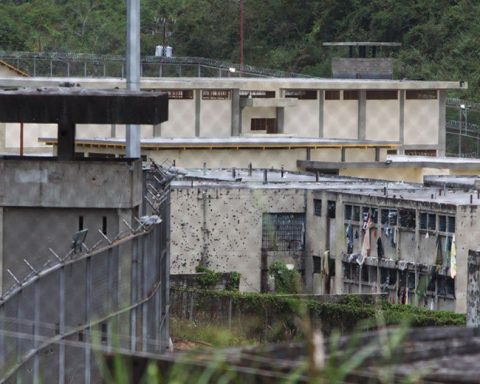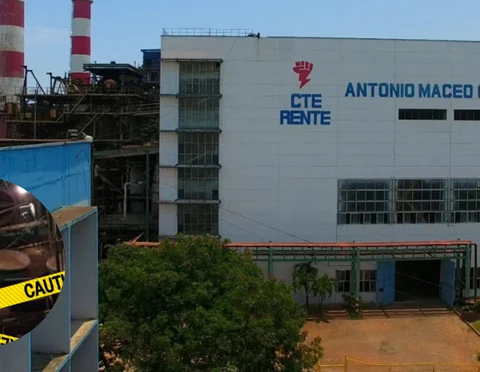The Broad Front (FA) will once again give an internal debate that was never fully settled.
In the leftist coalition A long-standing claim to limit the tax exemptions that the State can grant to promote investments through the Commission for the Application of the Investment Law (Comap) gains momentum. It was a political battle in which Astorism knew how to plant a flag from the economic leadership, although with round and round throughout 15 years of Frente Amplio governments.
“In Uruguay we have tax exemptions – which I share – to promote investment. (…) Now, the question we have to ask ourselves is whether it is okay for us to spend six points of GDP on that,” the senator from the senator anticipated in Desayunos Informales Popular Participation Movement (MPP), Alejandro Sánchez.
The new benchmark in the sector that promotes the candidacy of Yamandú Orsi warned: “Instead of losing six points of GDP in tax exemptions when we have a social security problem, we may have to adjust those knobs to finance it“.
The MPP will have a Plenary in June to outline its proposals towards the programwhose discussion within the Broad Front should be ordered by Ricardo Ehrlich and Álvaro García. With a view to deepening an old proclamation of José Mujica to develop the interior – even at the request of a possible constitutional reform – the emepepistas see in the investment regime “a skillful tool”.
“You have to make changes without a doubt. You have, for example, that the golf club balls were exonerated. What return does that generate for the country? You have to think about creating jobsrelocate companies, help the interior with genuine quality investments so that people don’t always end up in Montevideo,” Senator Charles Carrera told The Observer.
The other heavyweight of the internal, the Communist Party, advances a similar position. “We are not going to go into the content of detail, but conceptually we share that this must be reviewed permanently based on the development objectives“, declared the person in charge of the Program, Bruno Giometti.
Photo: Leonardo Carreno.
The sector of the mayor of Canelones will bid to change the investment regime
Both sectors fought at different times with the leadership of the FA government for reviewing said policy. This was discussed, for example, within the pro-government bench in the run-up to the first budget of the second term of Tabaré Vázquez.
The representatives of the MPP calculated that –given the budgetary shortage that was beginning to take shape– the State could review his fiscal resignation, and the communist Óscar Andrade (then a deputy) said in Brecha that the exemption mechanism would have to be “graduated”.
Years before, in 2012, these same sectors lost the fight with Danilo Astori before a new regulation of investment promotion, for which they demanded –backed by the Office of Planning and Budget of the Mujica government– a more selective policy of the industries to include among the beneficiaries.
The following year Fernando Lorenzo, Minister of Economy, was consulted about the “noise” and the signs of “uncertainty” within the ruling party itself, to which he highlighted the “institutionality” and the “quality” of the projects in the pipeline: “Nothing of what is promoted will lose its benefits”, he would say, adding that “when the discussion of how” to limit the exemptions comes to an end, “the conclusion is reached that it is not easy to find the ideal mechanism”.
Throughout its mandates, the Broad Front modified the regime three times by decree, while the government of Luis Lacalle Pou introduced new relaxations to a system that grants investors benefits such as exemption from IRAE, wealth tax, import fees and taxes, and VAT refunds in certain activities of interest.
The debate on the left had points of high tension, such as the resignation in 2017 of the director of the Macroeconomic Advisory, Andrés Masollergiven their discrepancies regarding the concessions that Álvaro García’s OPP was negotiating with UPM to finalize the installation of the new plant, a policy that the Vázquez government defended as a race against the growing Brazilian industry.
The revisionist gaze also finds echoes in the brand new Izquierda y Libertad current – of the Socialist Party, Casa Grande, PVP and the 5005 list – which in its founding letter considered that a “Comprehensive review of the State’s tax waiver is essential to limit the concentration of capital and allocate resources” to reduce “inequality gaps”; the Artiguista Slope also talks about “changing criteria” and “exempting what adds value”.
The review of tax waivers was also a proclamation of the PIT-CNT that went through all the Frente Amplio governments, under the premise that the 1998 regime was conceived for a much lower level of investment. in front of those conversations Fernando Pereira, today president of the FA, was there.
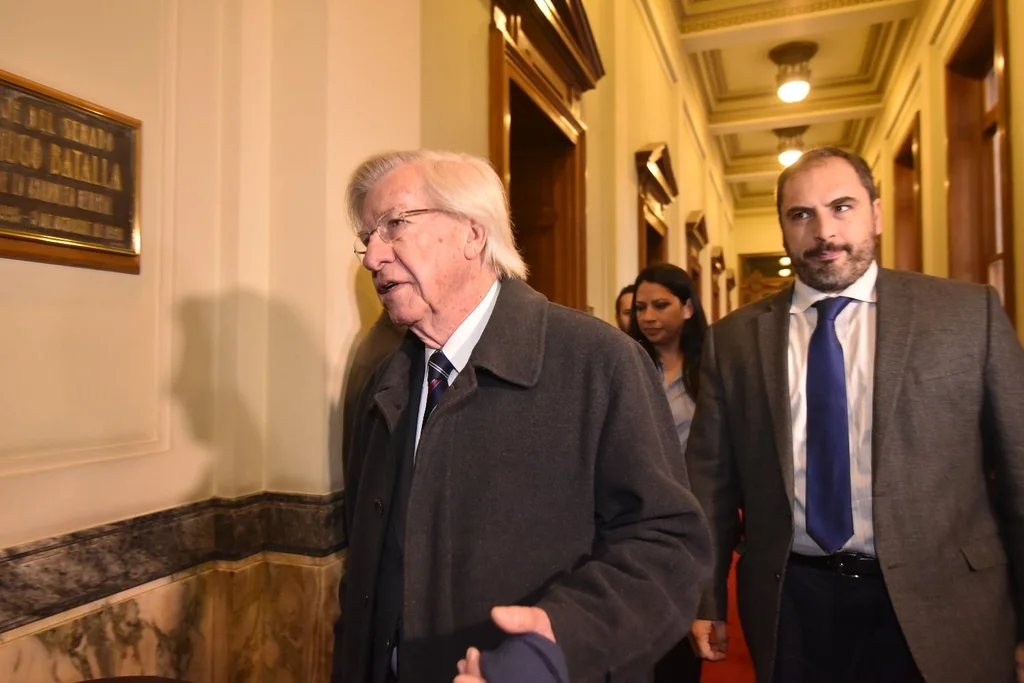
Leonardo Carreno
Archive, Danilo Astori as Minister of Economy and Pablo Ferreri as Undersecretary
The caution of the economic dome of the FA
The former Minister of Economy, Danilo Astori, defends what has been done in this field: “In the circumstances in which these stimuli were arranged, they were absolutely necessary; and at the same time other simultaneous measures were practiced that substantially raised the real remuneration of workers and liabilities. That’s not happening now, it’s the other way around,” he told The Observer.
Astori argued that in the three governments of the left “sand they established a number of stimuli” that in his opinion “should be in force”, although that does not mean that it should not be analyzed. Eliminating them, however, would be “an error”.
The ex-hierarch affirmed that the “three fundamental elements” for an investment policy must be “modernization”, “stimuli” and “taking care of macroeconomic balances”, while the new situation leads us to think of an “analysis to improve the system tax” of his administration, which in his opinion “was enormous progress. “At that time, for example, it was not necessary, but now focusing on the operation of the VAT would introduce much more justice than it did a few years ago”.
His number two in the portfolio, Pablo Ferreri, spoke along the same lines and with certain nuances with which other sectors of the FA already outline.
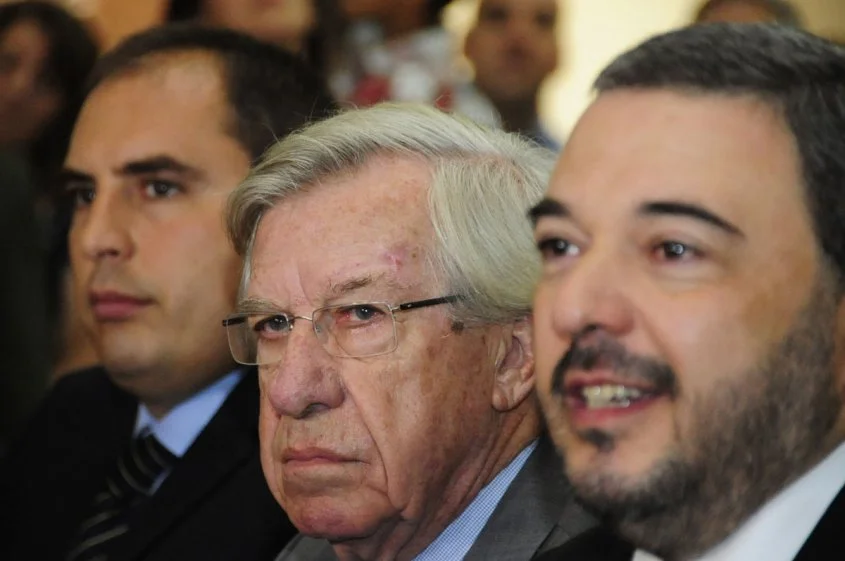
Pablo Ferreri, Danilo Astori and Mario Bergara
“For a small country like Uruguay, with little capacity for national savings – and therefore to generate national investments – investment promotion is very important, and particularly foreign ones. However, these regimes must be permanently reviewed, to assess whether they are fulfilling their mission, particularly at the present time, This system through tax exemptions is threatened by global tax changes, which for example propose a minimum corporate income tax of 15%“, said to The Observer.
“In the long term – and I am referring not to 2025 but to the coming decades – this will possibly make Uruguay have to rethink various regimes that it used for decades, becoming State policy and that have been very positive for the country”said the former Undersecretary of Economy and former head of the DGI.
Ferreri, who today is one of the main voices of the FA on the matter, added that it should be evaluated if “the exemptions granted encourage investments that would not otherwise be made or if in any case they are redundant”, indicating that “with time they can vary the priorities”, such as being more benefits for items that contribute to the reduction of carbon emissions than with respect to other activities.
The leader added that “although the tax expenditure (by exonerations) is in the order of 6% of the GDP, it is computed there, for example, that medicines or transportation are not taxed by the 22% VAT.” “Therefore, it is not possible to think of a reduction of all that, it is a number that must be taken very carefully,” he concluded.










